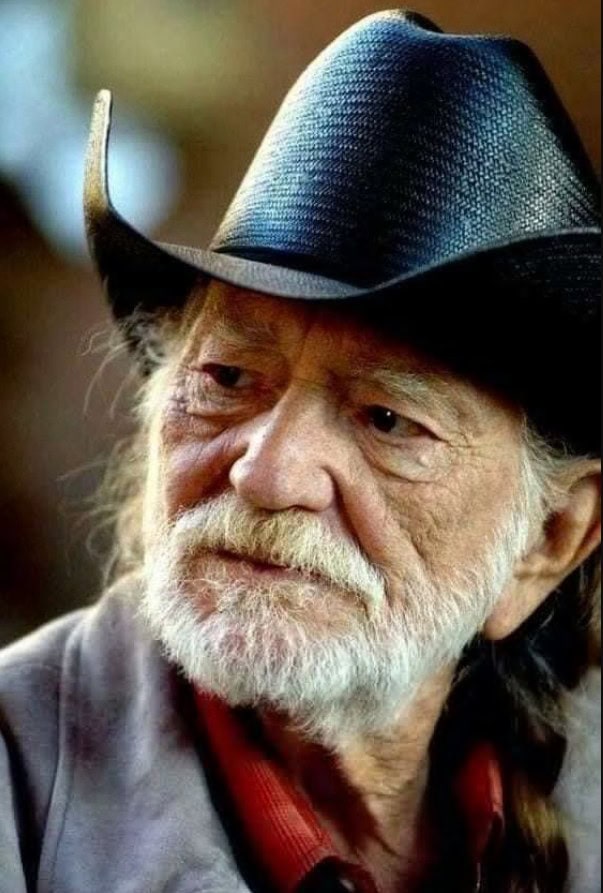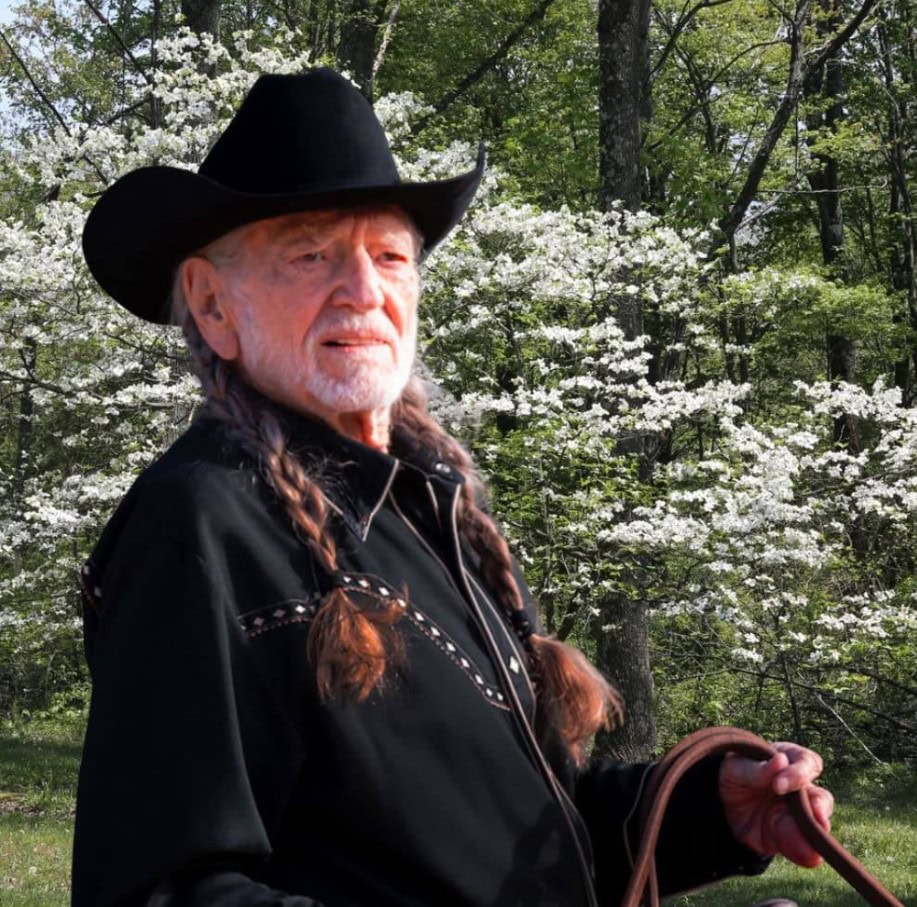
About the song
Willie Nelson’s rendition of Me and Bobby McGee offers a soulful and reflective interpretation of one of the most iconic songs in American country and folk history. Originally written by Kris Kristofferson and Fred Foster, the song has seen many great covers, but Nelson’s version stands out for its deeply emotional delivery and stripped-down, intimate arrangement.
At its core, Me and Bobby McGee is a story of freedom, love, and inevitable loss. The line “Freedom’s just another word for nothin’ left to lose” encapsulates a profound existential truth, and Nelson leans into that with the weight of lived experience in his voice. Unlike Janis Joplin’s fiery, blues-infused performance, Nelson’s approach is quieter, more weathered — as if he’s recalling a memory that’s been softened by time but still stings at its edges.
Musically, the arrangement is simple and acoustic, placing Nelson’s vocals front and center. His phrasing is natural and unhurried, which allows the storytelling to breathe. Each line feels personal, as though he’s not just singing the lyrics but reliving the journey itself — from hitchhiking across the South to the eventual parting with Bobby. This emotional sincerity is Nelson’s signature, and it’s what makes his version resonate on a deeper, more human level.
From a professional artistic standpoint, Nelson’s interpretation reflects his mastery of conveying complex emotions through minimalism. He doesn’t rely on vocal acrobatics or heavy instrumentation — he lets the song speak through him, allowing its poetic sorrow and nostalgic yearning to shine. It’s a powerful example of how subtlety can often be more impactful than spectacle.
In the broader context of American songwriting, Me and Bobby McGee represents a cultural moment — the restless search for identity, belonging, and meaning in a transient life. Nelson’s rendition is not just a cover; it’s a conversation between artist and audience, rooted in shared experiences of love, loss, and the open road. This makes it a timeless performance that continues to move listeners, both old and new.
